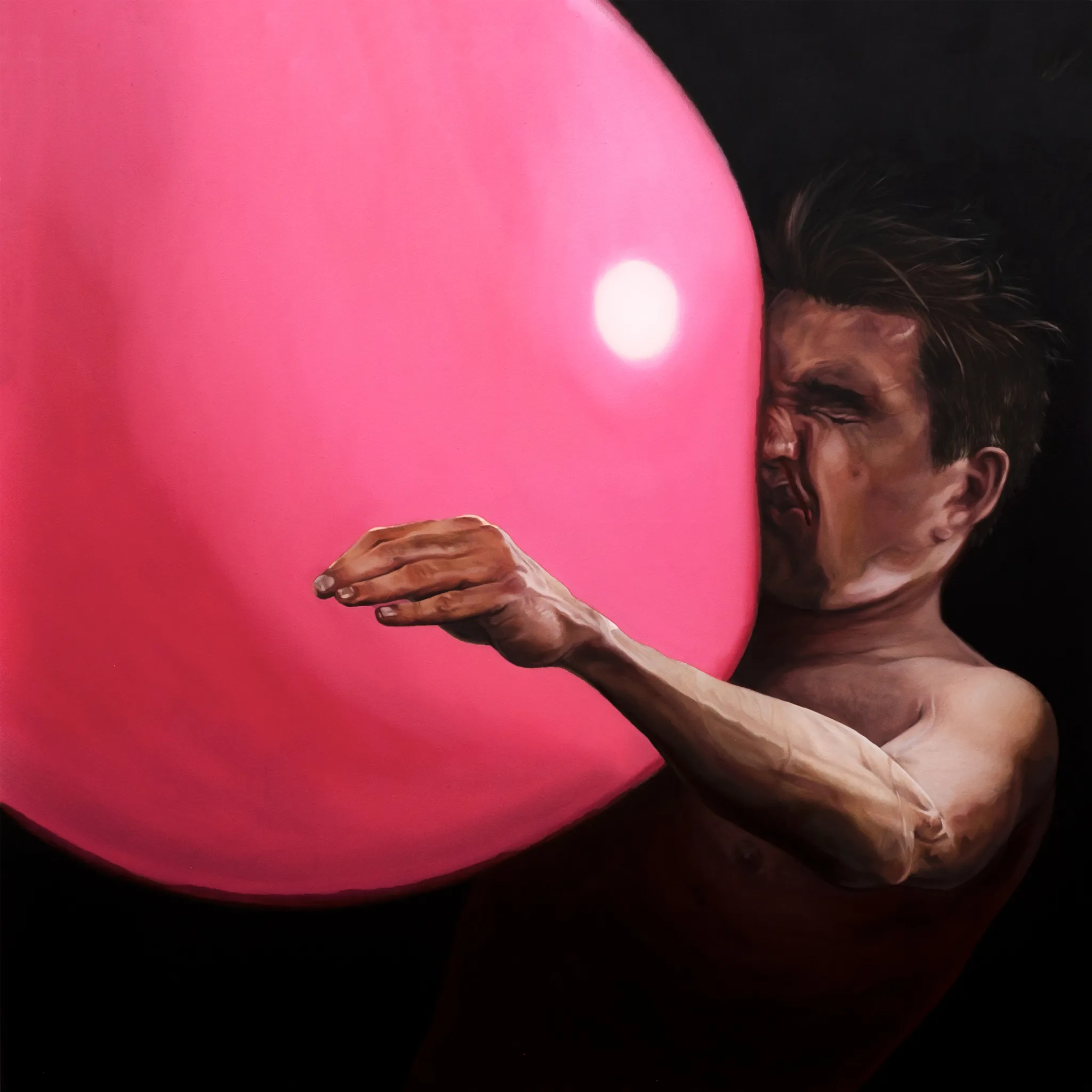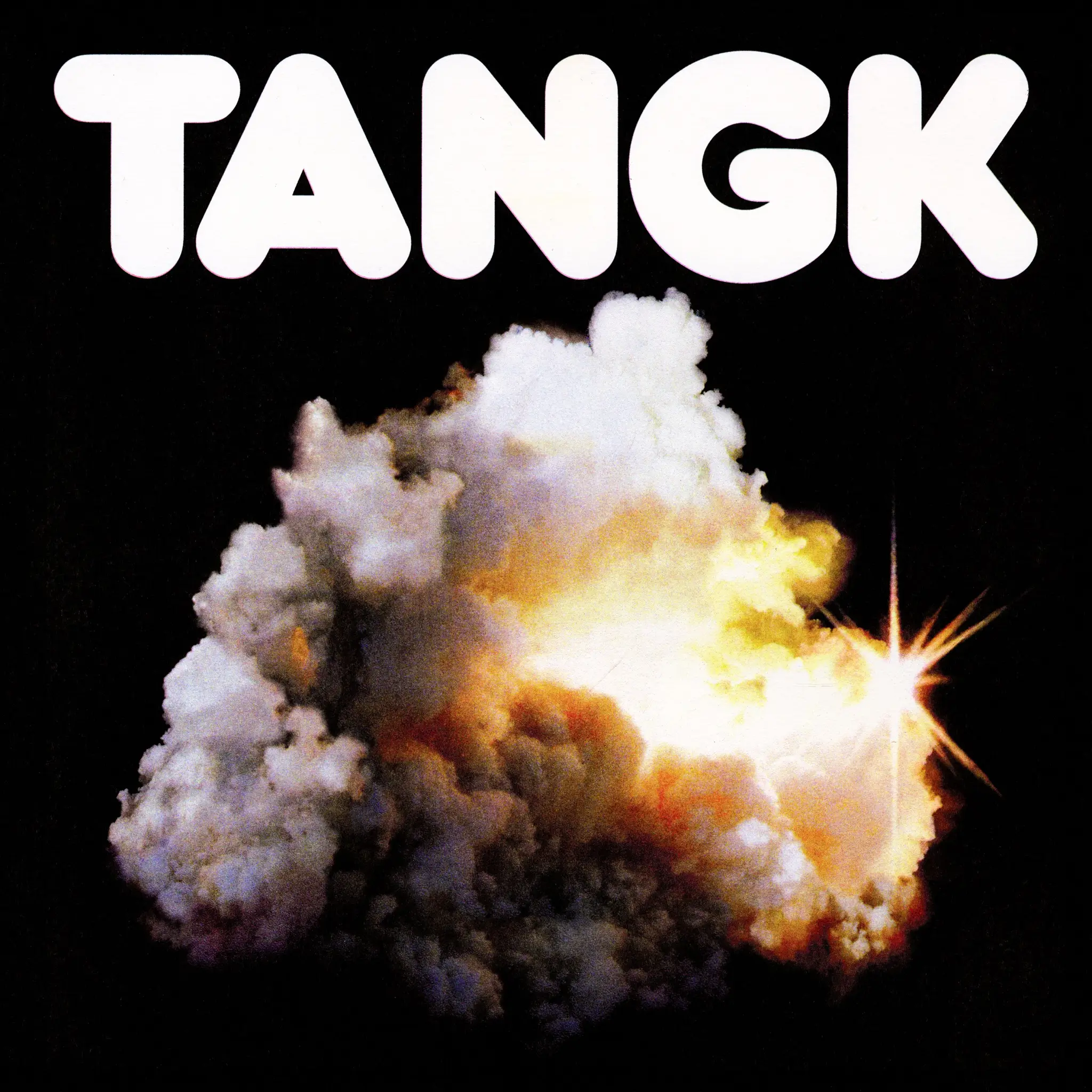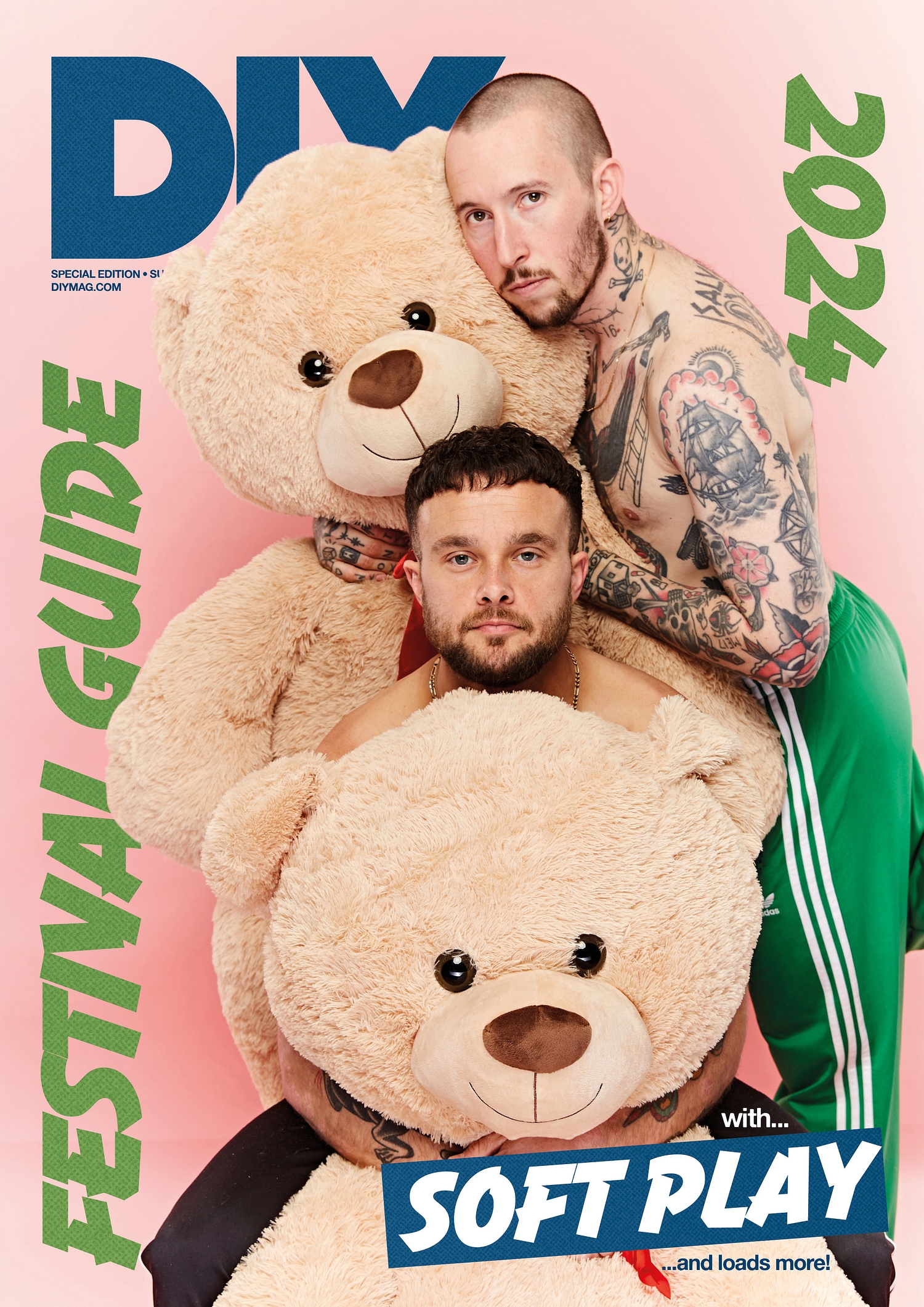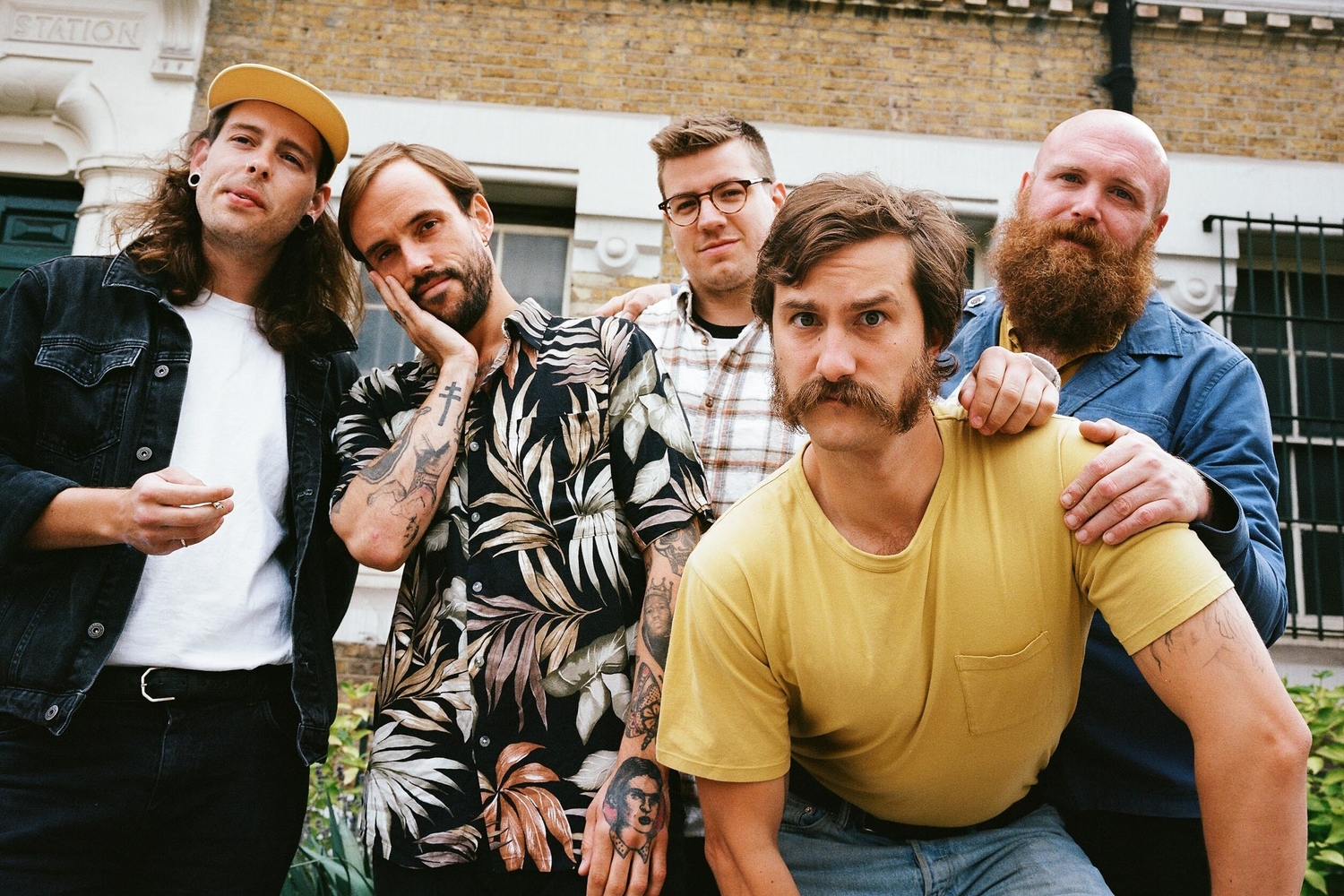
Interview IDLES talk their Hyundai Mercury Prize-shortlisted ‘Joy As An Act Of Resistance’
The incredible Joe Talbot opens up about the band’s spectacular last twelve months.
What a year it’s been for IDLES. It feels like their mighty second full-length album ‘Joy As An Act Of Resistance’ was never going to be absent from the glimmering list of albums shortlisted for the 2019 Hyundai Mercury Prize and rightly so.
In the midst of finishing off festival season duties, we caught up with the band’s frontman Joe Talbot, to reflect on the news of their shortlisting, what the Hyundai Mercury Prize stands for, and the journey of the record so far. “I’m in the van on the M4,” he tells us, ” and it’s hard to say what it is other than transit but I’m happy.”
How did you process the news of your album being shortlisted for the Hyundai Mercury Prize?
I think the only way to process it is to be grateful and put it in perspective to where you are and then put it your pocket and keep it there, to keep you warm and fuzzy. It’s something you want and something you work for. The Hyundai Mercury Prize isn’t an award as much as it is a conversation; to celebrate what is going on in Britain in that year that is important and relevant. I think every act on the list for the first time in a while is an interesting and valid part of that conversation. It’s just f*cking beautiful to be part of that conversation. I shall not apologise, nor shall I over-celebrate that. It’s just something that we feel we are part of so we’re glad to be part of it. Obviously you enter, we paid that £190 to be part of the conversation and now we are, and it’s beautiful. I can’t wait to go and see it and see what the other acts have to offer.
You mentioned being a part of that British narrative, you’re in esteemed company; do you feel like part of a wider dialogue?
Yes absolutely. I was talking about this yesterday to Tim Putnam from Partisan Records. Individually, as voices, slowthai, Anna Calvi, Grian [from Fontaines DC] and myself who write all the lyrics, we are worlds apart and we create very different universes, perspectives and windows into the world for our audiences. That’s something that’s intrinsic in us. That’s something that you can’t compare in terms of style. When you extract that style and you talk about believability, vividness and gumption for something they believe in, whether it be something abstract or something real; something working class, something from a woman’s perspective, something from a queer perspective, something from a black perspective, something from a middle-class perspective, something from an Irish perspective, all those things are exactly what we should be talking about and celebrating in Britain.
“As a point of honesty, I can’t create something that isn’t there.”
You must be thrilled for the diverse range of shortlisted artists in many ways?
Yes, difference is the key to our success as a culture and an infrastructure. You look at the education system and the NHS, that was built and sustained on immigration. It’s the variety of voices that this country was built on that needs to be sustained and celebrated as much as possible. What better way than putting them all in a room and getting them to perform together and listen to each others voices and appreciate the difference? That’s all IDLES have always been about, celebrating difference, knowing who we are, figuring out who we are, exploring who we are but also to do that you need to explore other voices and other perspectives to really gauge a barometer of what it is to be you.
And, in some ways, the list reflects what ‘Joy As An Act Of Resistance’ stands for?
Absolutely yes. ‘Joy’ isn’t about smiling when you’re down, it’s about seeing turmoil, seeing loss, seeing grief, seeing collisions of hate and fighting that, or obstructing that, with what you love. It’s about making yourself vulnerable by looking at things you don’t understand and understanding them by looking into it deeper and celebrating those things. It’s all perspective and the more you have, the more artillery you have to be yourself. So yeah, it’s f*cking beautiful. It’s important to know that the Hyundai Mercury Prize this year isn’t just throwing in different things from different parts of the country. The list is just a formidable list of the best albums. That’s a fact, in my opinion. There are definitely some omissions but it’s taste isn’t it? I vehemently stand behind that list and I was worried that I wouldn’t be able to because I don’t lie. I didn’t know NAO and I didn’t know SEED Ensemble but I’ve now listened to them and I think they’re great. It’s important to not take away the beauty of these releases by just claiming it to be multi-cultural because it’s not, it’s way more than that. This movement of artists coming through now, there’s not loads of skinny middle-class white kids with skinny jeans all playing the same sort of music anymore, it is Anna Calvi, it is slowthai, it is SEED Ensemble, it’s those bands that are doing their own thing, they’re doing it well and they’re believable and they work hard. They’re British and beautifully so.
For the most part they’re all just honest albums really?
Of course, that’s what this scene is now about, it’s about cutting through the bullsh*t. There is not time anymore for glossy, over-produced pop stuff. People want reality and they want to talk about it. It’s all very well shouting about reality but it’s also got to sound good, if you go into Anna Calvi’s world or slowthai’s world and you stay there because it’s f*cking good. It’s nice to be able to share and discover with these other artists as well.
It’s been nice seeing the parallels between you and slowthai especially after he joined you onstage recently…
When I met slowthai his breadth of musical knowledge is massive. We were speaking about Talking Heads for fifteen minutes the other day and how his new stuff is forming. He’s from exactly the same school of thought that IDLES is, which is celebrating difference. That means enjoying, loving and knowing about music from all corners of the world. I think his album is second generation grime, where he’s from a place of poverty and oppression in this country. Whether it be institutional or cultural, the grime scene was very much a subversive community of people building something stunning from something ugly. Grime has been around for a while now, it has evolved as a language and isn’t just straight down the line all sounding the same as it was before. It was a new language and it had to sound that way, it’s now evolving into lots of different corners of music, it’s more fruitful now in a way because it is so varied and his album is a perfect example of that. There are so many parallels within our art forms, as in our language, our narrative, what we’re talking about, how we talk about it and how we perform it. Even how we advertised our albums was similar, not just putting it on a billboard but using the billboard as something different; to talk about what our album is about in a way that makes people think and pulls and pushes the people as they walk past the billboard. Both of us were mindful about each step of our journey and how to build our albums as something more than just the typical bullsh*t you get a lot.
You’ve had so many beautiful moments off the back of this album, have you had a chance to step back and look at the journey?
I don’t tend to sit back and look at it because I’m in it and that’s enough. I’m not surprised by anything that’s happened to us because we created this narrative over twelve years. If you get thrust into the limelight and are touring the world after a year of being a band then I’m sure you do need to sit back and take stock. We’ve meticulously built this journey, there haven’t been any big surprises because we’ve planned this and worked our asses off. When I say we planned this, we didn’t plan to get shortlisted for a Mercury, we didn’t plan to tour America and sell all of the dates out. You have everything in small and manageable chunks, we work hard for those, everything is in our sight all the time. We didn’t say ‘in two year’s time we’re going to play The Park Stage at 7pm on the Friday and it’s going to be amazing’. What you do is you go, ‘right, we’re going to build this album, it’s this song, it’s this show and it’s there because we’ve built it’. We’ve taken it as manageable episodes and worked hard for those episodes. We don’t need to sit back and take stock, we know where we are and it’s a beautiful thing, we have a lot more to do. Maybe when I retire, an alcoholic, then I’ll sit down and pat myself on the back. The boys and I are like pigs in sh*t all the time, it’s the best job in the world, we work so hard for each other, we love each other and we love what we’re doing. It’s all a gift, that’s not bullsh*t. This isn’t Saturday morning TV, it’s a gift and I love it.
"It’s the best job in the world, we work so hard for each other, we love each other and we love what we’re doing. It’s all a gift, that’s not bullsh*t."
Would you say that Glastonbury set was one of those moments where it all hit home though?
I was crying my eyes out five minutes before we went onstage the whole time. It’s because we have tried to build ourselves as a musical band that represent normality in terms of difference and brokenness. We are lost, we are broken, we have a lot to learn. We try to get away from that idea of affection and celebrate who we are. That is exactly what Glastonbury is, it’s Michael Eavis understanding that lots of people in Somerset aren’t going to travel the world and see different cultures and different music, so he brought the world to Pilton. We understand our limitations but we want to bring people in and make them feel included. That inclusiveness is something that we’ve revelled in at Glastonbury every year for the past ten years. That’s something that I’ve always felt at home with. So being able to do what we do but also having almost been built at Glastonbury, it was like two worlds colliding that really should have never been apart. It was overwhelming - to have my wife and child there, to be there, present and know that it was where I was supposed to be, that was a beautiful thing.
It was so special for the fans who have shared your journey to be a part of that too…
We’re no bigger than a covers band in the pub, but what is bigger, is the congregation of people in the AF Gang and beyond that have built that community to support us. We’re the same band; granted we write better songs now but we’re the same band we were twelve years ago. I’m not a bigger person, I’m not a better person, I’m a better musician but I’m not any more of a person than I was before. What I have is a massive community of people supporting me ideologically or musically and that allows me to express myself safely and feel like I’m part of something much bigger than us and much bigger than IDLES. That’s the beautiful thing - that’s why it’s good for them because those people in that crowd know that they’re the important ones, they’re not looking up at us, they’re looking across at us and celebrating that moment with us. That’s why there were people in the crowd crying and sh*t, they’re feeling connected because they built it and that was their time to celebrate it as well because they’re at f*cking Glastonbury.
Your individual honesty ties into it, that’s what builds that sense of community?
I’ve been humbled many times, I’ve had my ass kicked many times, literally and proverbially in life. I know what real pain feels like, as most people know, when you lose something so catastrophic, it makes you realise how small you are and how f*cking huge this universe is and how crushing it is. Then you’ve got to go, I’m not billy big bollocks, I need to work hard and sustain a sense of self, otherwise you’ll get crushed again.
A lot has been said about the lyrical themes of the record, but boiling it down to the core I guess it’s just your feelings based on circumstance?
That’s absolutely true. It’s always circumstantial, the album we’re writing now is circumstantial. It’s something I want to explore with the next album after the third one as well. I’m not good at writing stories and extracting myself in terms of inventing characters and stuff. All I have is what I have in front of me. As a point of honesty, I can’t create something that isn’t there. So this album isn’t going to be about loss because I haven’t lost anything. I’ve lost something before, momentarily now, I’m not in a point of loss. I’m in a point of fear and anger of where we’re at, I’m in a point of contemplation and I’m in a point of building something. I’ve got to be in the moment. It’s the same with every show, if I’m in a bad mood then you get a bad mood show, if I’m in a happy mood then you get a happy mood show. You can’t hide it, that’s the whole point of our expression, we don’t hide it, we do become vulnerable for our audience, allowing them to be vulnerable back. That’s the sense of freedom that the audience get and we get.
The album was also born out of momentum off the back of ‘Brutalism’, was it a natural continuation for you?
It’s always continuing. The momentum hasn’t stopped from the second album to the third either. Once we become bored then it will get boring, we’ve always got things to talk about, explore and improve on so we’ll just keep going until it doesn’t work anymore. Nowadays, there’s a lack of pompousness in our sort of music because there’s not a lot of money in it. So you can’t stick around and celebrate the same album for three years because nobody will listen and that’s how it is. I think that perpetual motion of art and culture moves so rapidly in our country, that’s something we try to stay on top of. That definitely keeps us on our toes. We are also quite a brutal band in terms of critiques, we don’t allow each other to ponder on stuff that doesn’t sound good, we want to write the best we can and challenge each other as much as possible. I think that works in our favour when it comes to the current climate we’re in.
You can’t have any regrets about any of your output so far either because each release has been so sincere?
There’s a lot of bad songs and a lot of bad choices that we’ve made. I’ve definitely made a lot of bad choices in my life, I’m here because of those choices though. All of those bad songs carved out the good ones. I don’t find it hard opening up about my past because I’ve got a very supportive wife and group of friends that allowed me to open up. Opening up is the first hurdle and once you’ve done that you feel a sense of relief. It’s a beautiful thing, to alleviate the shame that you carry and turn it into something productive. There’s a point where you’re not looking for forgiveness, some of the things that I’ve done in my life, I don’t need forgiveness on, I just need to never do them again. I need to sustain a sense of being a better friend, a better father, a better partner and a better person in some ways. Just by not f*cking up, not making the same mistake twice, and just not continuing to be an asshole, accept that I was an asshole, and not feel sorry for myself that I was an asshole, but instead just stop being an asshole, and I’m still an asshole, I’m just not as much of an asshole.
That record shows the scars and it shows that human healing process…
I think so. Celebrate them because you can’t get rid of scars can you? They’re just there, so you’ve just got to accept that that’s a tapestry of who you were and just celebrate it.
Were there any other big hurdles that you had to overcome with the record, Joe?
Not that I can remember. It was a very turbulent time and most of the hurdles were in the form of me. As a band it’s a continuation, we like a good challenge and it was all just about working hard and keeping your head down. It’s hard to remember now because I’m way too focussed on being a Dad and writing the third album to even contemplate what the hurdles used to be. I had enough going on in my life then and I had a lot of mending to do. You look back because you continue, you don’t change your method of writing each album. We are the same band and we function in the same way. So we’ve taken a lot of ‘Joy’ into the third album because that’s how we write and we’ve found success with some of it. I’m not going to repeat ‘Joy’, I’m definitely not writing the same way. I’m not going to write another ‘Danny Nedelko’, I’m not going to write another ‘Great’, they’re done. I don’t want to hash out old ideas and try to change the words. The way we function as a band and as a family is much better than it was before ‘Joy’, so we’ve got to appreciate that we learnt a lot with that album. It’s more about keeping hold of those tactics in a way. The functionality is a great thing we’ve forged over time and experience.
"We give it everything we’ve got at every show, there’s no compromise there."
Does staying focussed on the next record help you get over the expectation?
There is a lot of pressure and expectation especially now we’re more well known. With albums under your belt people assume that you are a certain way. People almost brand you as a certain thing. People often say to me, you need to write a song about Boris or this that and the other, I don’t need to write a song about anything. I’m going to write what I want to write because that’s who I am. There are pressures but it’s important to not allow it to detract from who you are or who people think you are. It’s very easy to do, I’m almost there, I’m on the edge of being under pressure. With every album, there’s a lot of expectation and then I realise, I’m over-thinking way too much, I just need to relax, be myself and have fun with it, then I’ll write the whole album. Right now I’m on the edge of that, I’ve just started unwinding.
You’ve always got results from being true to your own voice though even in the early days?
I’ve had some learning curves. It’s all down to self-worth, you know as a writer, you’re might not confident enough to write in your own rhythms because you see the breadth of how another writer is doing, you can quite easily accidentally imitate your heroes. It’s about accepting yourself and understanding that you are worthy to write without all of that. It’s just a bit hard to do that sometimes. Then it gets easier to trust in your own voice.
The locked groove of distortion at the end of the vinyl copies of ‘Joy’ is great; it almost imitates the end of your live show and says, ‘we’ve said our piece with this’…
‘Heel / Heal’ started Brutalism and that was the start of our set. Then we wrote ‘Colossus’ to start the set, not to start the album. You think about the two things as journeys with the audience and with ourselves. We wanted to forge that and have that correlation there with all of our albums, so there is a relationship there between feeling like you’re in the room with us and that’s an artistic way of doing that. We literally start and end the album and the set the same way, so there is that world that we’re in, both when we’re recording and when we’re live. We want to give people extra when they’re in the live room and when they’re listening to the album, you just do it in different ways. It’s nice to have that bit of parallel there.
You’re capping off the year with a US tour and then some huge UK shows, it’s a cliché but you must be a well-oiled-machine now?
Yes, we’re definitely on it. We give it everything we’ve got at every show, there’s no compromise there. Sometimes we haven’t got a lot in us but we give it everything, it’s been a long-time touring and it’s harder now because we’ve got kids and stuff. It been a great point to end. This will be the end of ‘Brutalism’ and ‘Joy’ as a live show and it’s going to change because we’ve got a new album on the way and we’re going to do something different with it. We need a break and these last shows are going to be a perfect way to end it all.
Read More
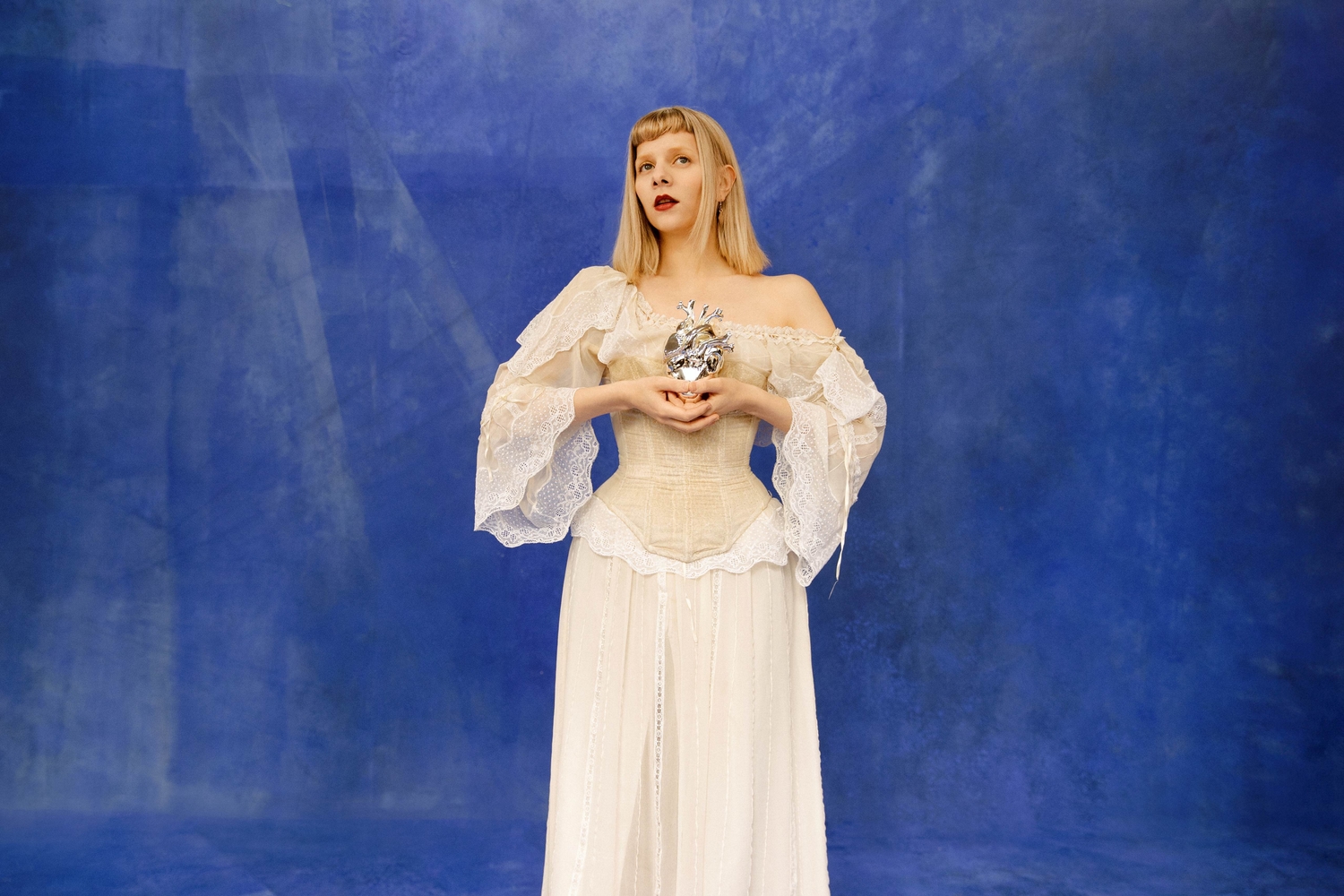
Flow Festival Helsinki adds Aurora, Halsey, Janelle Monáe and more to 2024 lineup
They'll join the likes of Pulp, Fred again.., The Smile and Jessie Ware in Finland this August.
23rd April 2024, 9:00am
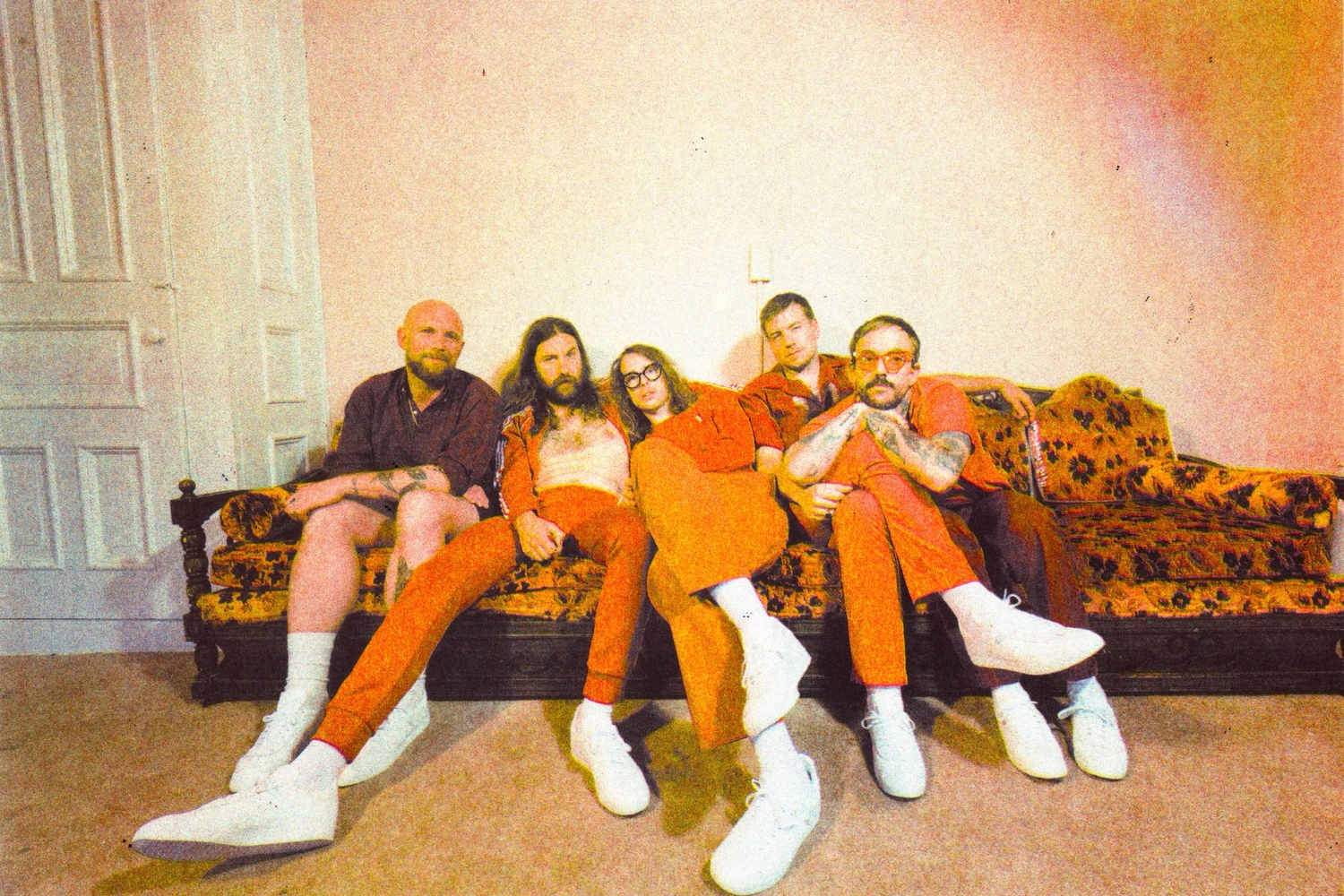
IDLES share video for ‘TANGK’ track ‘POP POP POP’
The band will headline Glasto's Other Stage in June.
18th April 2024, 1:48pm
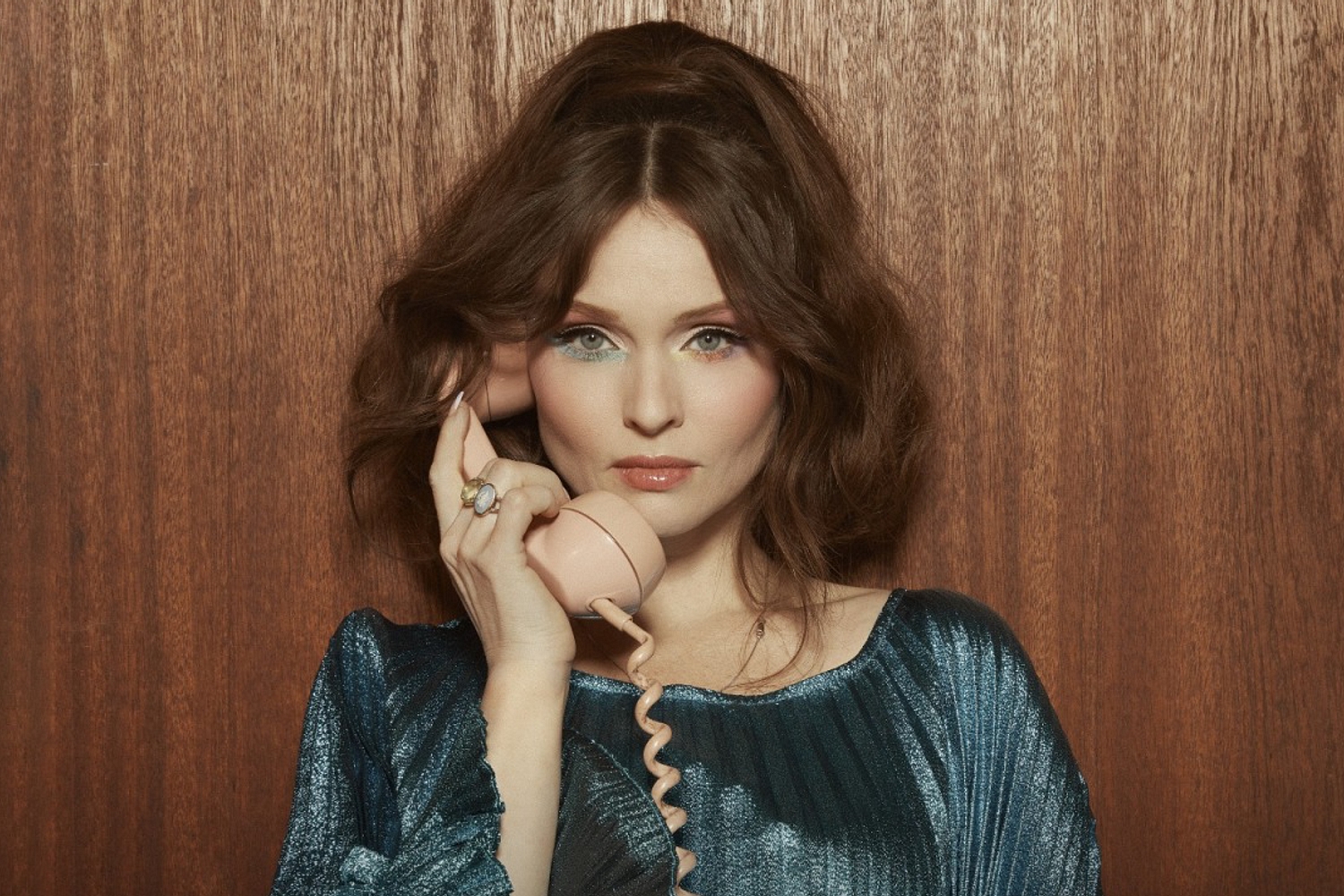
Sophie Ellis Bextor, Heartworms, Personal Trainer and more confirmed for Truck 2024
Jamie T, Wet Leg, and The Streets are set to headline this year's Oxfordshire knees up.
7th March 2024, 6:05pm
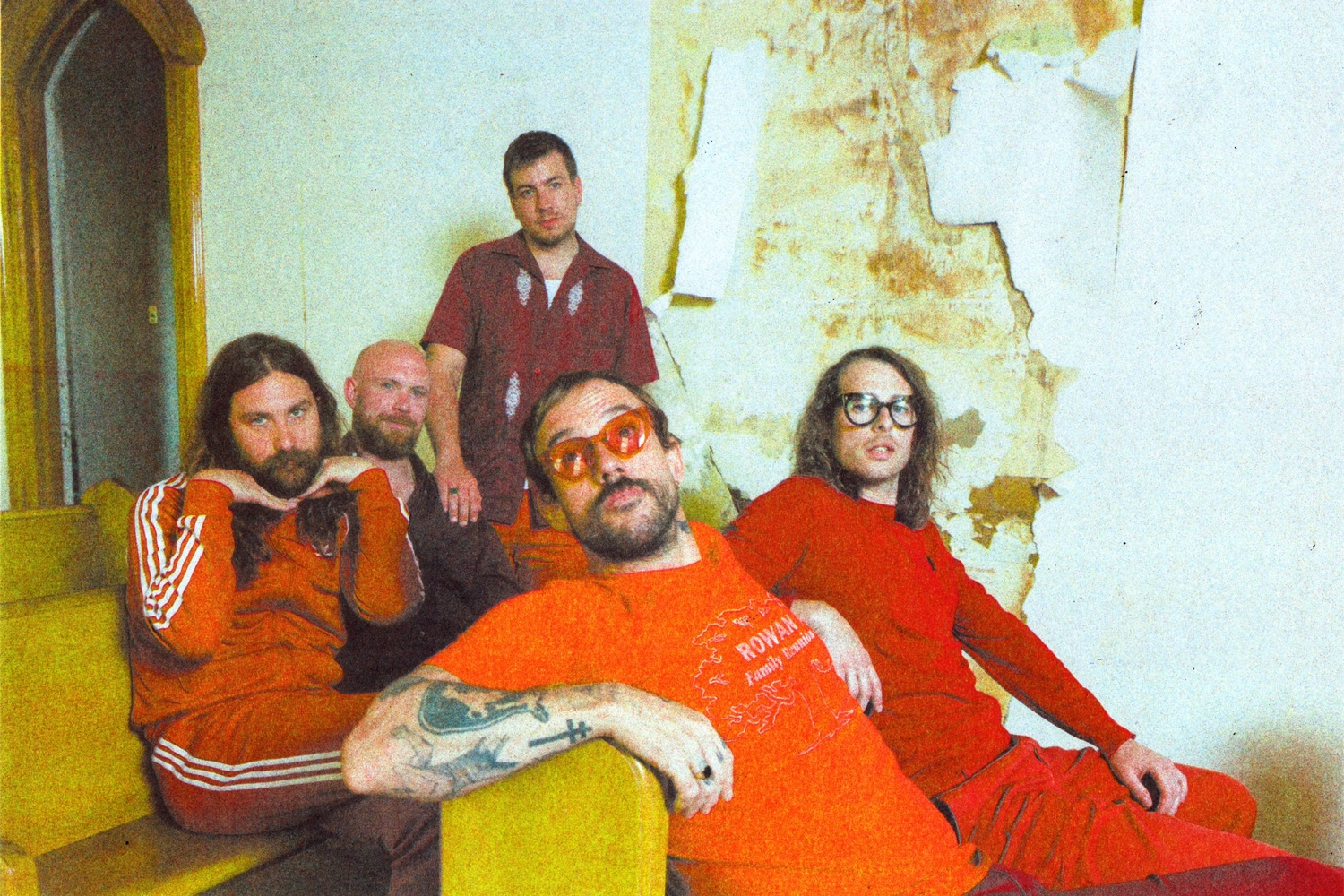
IDLES riff off Coldplay’s ‘Yellow’ in new video for ‘TANGK’ cut ‘Grace’
The idea for their reimagined version of Coldplay's iconic clip apparently came to Joe Talbot in a dream.
15th February 2024, 1:40pm
Featuring SOFT PLAY, Corinne Bailey Rae, 86TVs, English Teacher and more!
